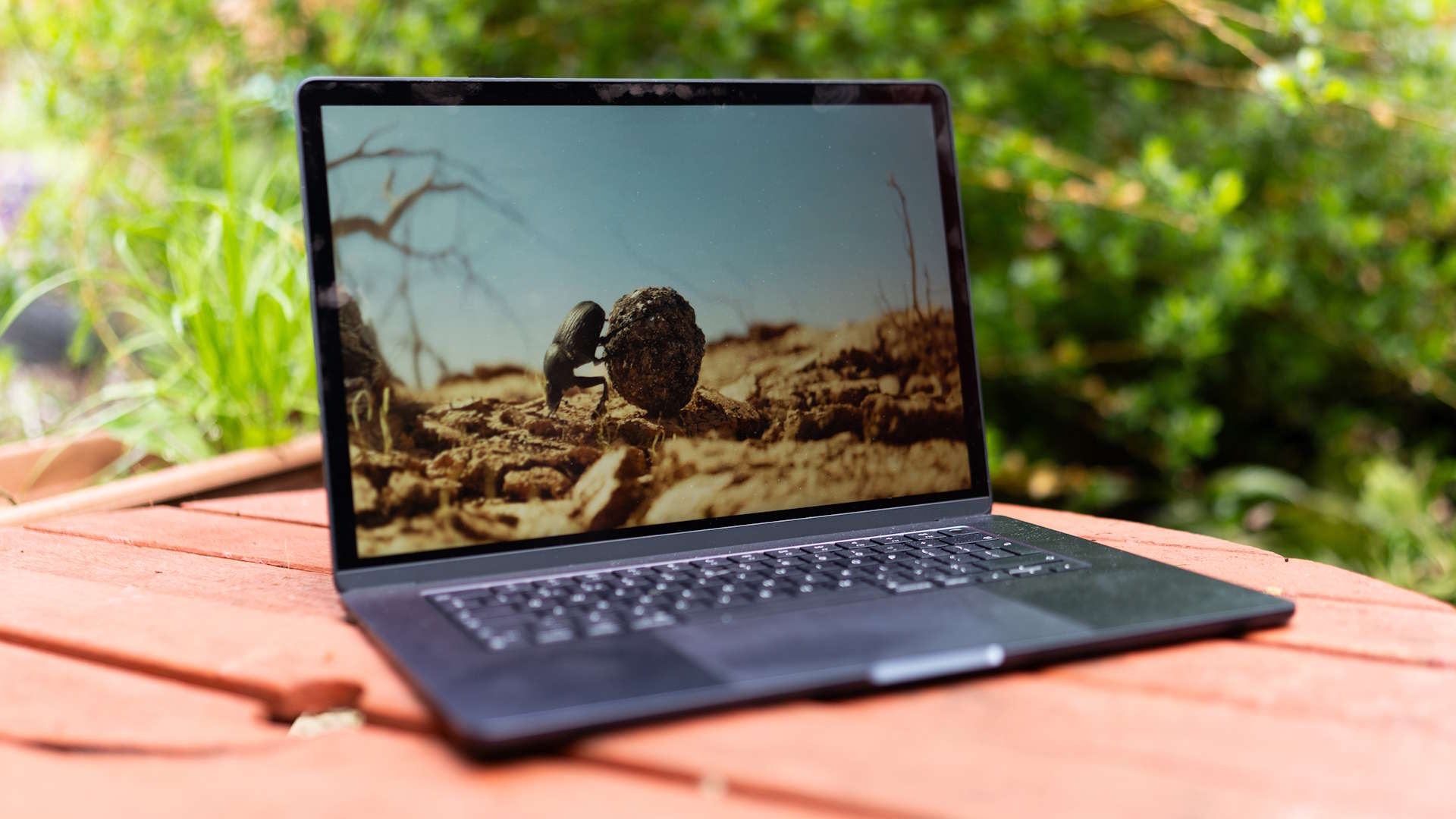After claiming 8 GB on a Mac is like 16 GB on PC, Apple’s rumoured to be finally making the jump to 16 GB

I’ll fanboy Apple’s MacBook lappies for non-gaming tasks with the best of them. But even I know Apple’s claims that 8 GB on a Mac is like 16 GB on a PC is intergalactic balls.
As if to confirm this blinding glimpse of the blatantly obvious, the latest rumours around next-gen MacBooks suggest even Apple now recognises that 8 GB is utterly pants.
According to pathological Apple rumour pedaler Mark Gurman (via Tom’s Hardware), Apple will finally make the jump to 16 GB for the base models of its upcoming and revised MacBook lineup using new Apple M4 silicon.
You can, of course, have 16 GB on the base MacBook Air with either the M2 or M3 chip. But it will cost you a hefty, you might say ludicrous, $200 for the upgrade over the standard 8 GB.
Just to put that into context, an 8 GB stick of perfectly good DDR4 can be had for less than $20, while an 8 GB stick of DDR5 is perhaps $25. So, yeah, $200 is laughable.
The problem is that Apple silicon is highly integrated. The memory is actually built into the Apple Silicon APU package. That has numerous performance and efficiency benefits. But it also makes memory upgrades impossible. What you go for when pulling the purchase trigger is what you’re stuck with permanently.
One possible confounding factor in all this involves the M4 chips that are already out there in the wild. Somewhat oddly, the M4 actually debuted earlier this year in an updated iPad Pro model.
In that implementation, the base model iPad Pro with M4 offers 8 GB of low-power DDR5 memory. However, teardowns of the device have revealed the M4 package actually has a pair of 6 GB chips and thus some of the memory is disabled.
The argument for doing this involves 4 GB chips not having sufficient internal dies to fully populate the M4 chip’s memory channels and therefore not being optimal for bandwidth. The 6 GB memory chips solve that.
But the existence of 12 GB hardware in the iPad Pro does beg the question of whether 12 GB for the base MacBook models would make more sense. Then Apple could keep the upgrade charge for 16 GB. And Apple loves nothing more than charging for upgrades.
Whatever, if Apple does go for 16 GB on the base MacBooks, the next unknown is price. If Apple launches a new base MacBook Air with 16 GB, but it costs $200 more than the existing 8 GB MacBook Air M3, then Apple won’t so much have upgraded the base model as ditched it entirely.
Anyway, if Apple does make the jump to 16 GB, it’ll be fun to observe the verbal gymnastics involved in bigging up the improvement at the same time as not contradicting earlier marketing spin that claimed, “actually, 8 GB on an M3 MacBook Pro is probably analogous to 16 GB on other systems.”
That latter comment is what Apple’s VP of worldwide product marketing Bob Borcher claimed last year. It wasn’t true then and so MacBooks with more memory will definitely be a good thing. We just doubt they’ll come without some kind of price premium. It’s the Apple way.




